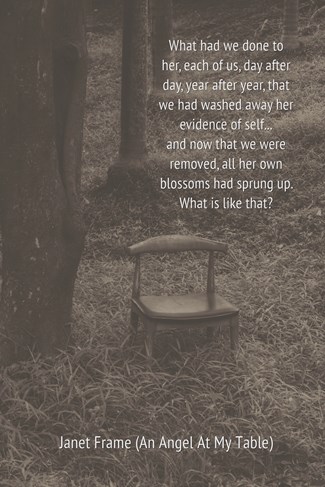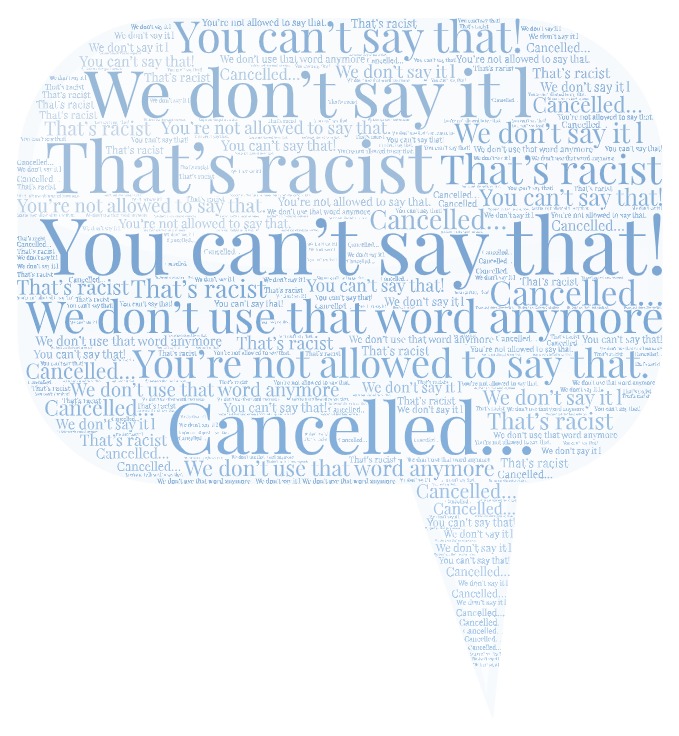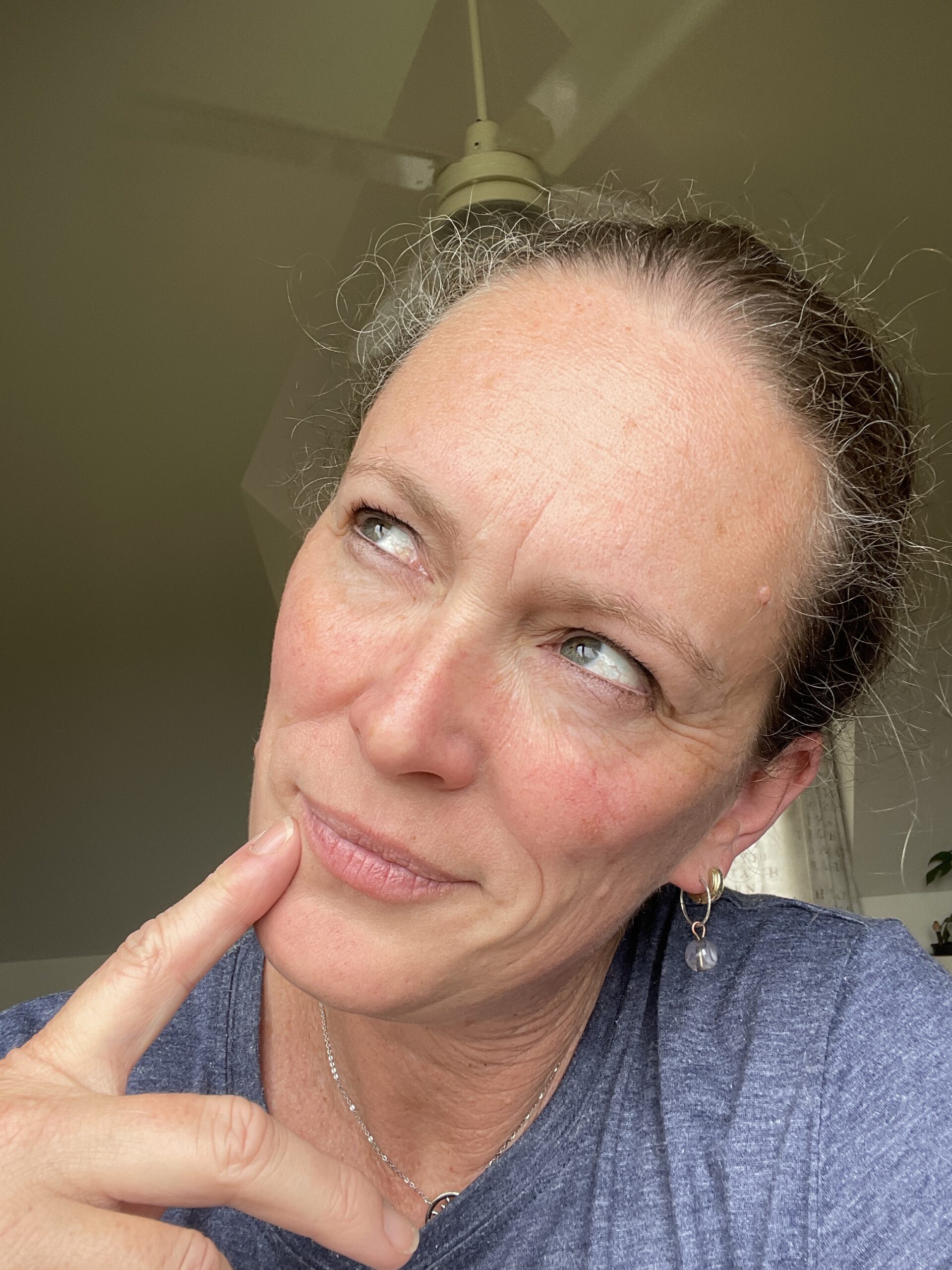Accents in English are heavily influenced by the differences in how we pronounce vowels. Those who live near me find themselves in this debate regularly when explaining that they’ve just been to the Mall (NOT the mAWl) before driving down the highway to Castlemaine (nope, NOT cARstle!). Strangely I haven’t heard anyone from Newcastle (YES! NewcARstle!) ever concede there may be a different way to say that word. I don’t mean to start anything, just saying’…
When I began working in community health in Canberra the importance placed on how we pronounce those vowels was driven home to me in no uncertain terms by a father in the clinic room. We were working on improving how his five year old son pronounced the sound ‘k’ (voiceless velar stop]. We worked on the sound through play. I have never lost as many games of Donkey as I did when working those years with children. We had pictures of things whose names began or ended with a ‘k’ sound like ‘cat’ and ‘book’. Some had the sound in the middle, like ‘ticket’. Every time we turned over one of those cards we said the word aloud, me to model correct pronunciation and he would copy as best he could. At 22 years old I had spent most of my life in Victoria and somehow had never come face to face with this particular conflict before so when a picture card featuring the home of the royal family appeared I confidently named it. Castle. The man frightened the life out of me when he slapped his hand on the kids’ table between us. We are here, he said intensely, to teach my son to speak properly. In my memory I blinked in surprise, I know for sure I was completely bewildered for some moments, completely at a loss to know what he meant. Having to explain my fatal error to me sealed my fate and his willingness to trust I knew what I was doing, tenuous to begin with, was completely shattered. Castle, as I said it, apparently was the way the uneducated people of the lower classes spoke. Again, who knew? I guess the country bumpkin in me just couldn’t be restrained for very long. He chose to change therapists at that point. I wasn’t sad to see them go.
I maintain that my pronunciation of the ‘k’ sound was exquisite.
There is a system for describing how the sounds of speech are made. Three different elements that together specify exactly what sound we speakers of English are making. The three elements that are referenced are the breath, where the sound is made in the mouth and how you create the sound. Let me give you an example. A voiceless bilabial stop is how you describe making the sound [p] = no sound + both lips + quick sound. Compare it with a voiced bilabial stop [b] = sound + both lips+ made quickly. Or a voiced bilabial fricative [v] = sound + both lips + air moving through. I love how simply this system of delineation so succinctly captures the way we articulate the sounds we need to communicate with one another.
Anyway, we are not here for me to give you a lecture about pronunciation, though it is a particular passion of mine and it takes very little encouragement to start me babbling about it. If you choose to start that one, make sure you are prepared with plenty of food and drinks, we’ll be in for a long session. What we are actually here for is voice, not speech. In particular, having a voice, voicing an opinion, raising my voice and all the other versions of saying what I think. That ill-informed man was not the first and he was definitely not the last to share a strong opinion about how I should express myself.
We could go back to the beginning. I learned to be polite and preferably quiet. I read all the books for girls from the generation before mine and absorbed the value of being seen and not heard. We teach one another what it is ok to say and what is unacceptable in our social groups at school. Years of experience as a clinician trained me into the jargon of allied health. As a speech pathologist my role was to facilitate other people to find their voice, my job was to be alongside them, invisible, as they learned to make themselves heard. As I jumped from role to role I learned new ways to express myself. We all do it, don’t we? Take on the speech of the world we live in and the work we do? I ramped it up even further working in governance and strategy and then, when Covid hit, in the contact tracing efforts. I was constantly being told what to say. I was no longer in the drivers seat of my own voice.

I realised I couldn’t do it anymore. I wanted to be find out what I thought without the correction of others shaping my words into their pre-formed moulds.
After so long helping others find their voice, toeing the company line and being politically correct… I wasn’t sure anymore what I actually wanted to say. The very existence of my own perspective had been dulled, pushed deeply down, stifled. The strange sensation reminded me of the system of defining speech sounds I wrote about at the start of this piece. I felt as if I had come to a voiceless stop. It got to a point where I wasn’t sure I could hold in the scream. Or the Angela Merkel level eye roll (watch it all the way through, I’m still crying with laughter!). And then… it was like something inside me finally snapped. If one more person told me you’re not allowed to say that I was going to explode.
I’m either being a drama queen or a middle age cliche. Either way, I’m nailing it, don’t you think?

It’s not just the workplace, though, is it? Both society and our language are rocketing through change at a rate I seem completely unable to keep up with. Is it just me finding the pace of it all a bit dizzying? I don’t WANT to keep up with it! So many crucially important issues have progressed rapidly through our shared understanding – MeToo and family violence and diversity and the stories and rights of our First Nations people. These things MATTER so much that being ill-informed or uneducated or flaunting an unconscious bias seems inexcusable.
I think it’s my need to stop and reflect on things. Despite wishing I was a quicker thinker, I’m just not. I’m someone who needs time to go away and think, look at issues from as many angles as are available to me, consider, before I can add the new knowledge as a building block to understanding. It’s why I write. Writing makes thoughts concrete and when I look at words on the page I see what I think from yet another perspective. It’s also thanks to fear. I’d hate to be misinterpreted by someone who has learned to leap to the worst possible interpretation. I’d hate to be judged for ignorance when desperately trying to improve my understanding about something.
I realised I had reached a point where I no longer had anything left to say, not only because I knew the best course of actions was to be still but also because I had no desire to put myself in the crosshairs of anyone else’s ulterior motives.
Morgan Richard Olivier
And so here we are. Stuck in between open-discourse and fear of saying the wrong thing. What do you say we remember something that, I think, is basic to human communication.
Intent.
You know, when someone says something that could be interpreted in more than one way? English is so clever about that. Double entendres are a particularly clever comedic tool, The Two Ronnies used it so well (an no longer in a politically acceptable manner but I still laugh out loud…). Shakespeare knew how to play on the meanings of words, children make hilarious jokes with them. I’m going to go out on a limb here. Rarely do we actually misunderstand what is being said or what is meant by it. My parents taught me to give others the benefit of the doubt. That didn’t mean blind acceptance of anything that was said. It also didn’t mean believing the worst interpretation of them either. It meant giving someone the chance to explain themselves while believing their intentions are the best ones.
I was going to give you some examples from current mainstream media from all sides of the political platform that illustrate this issue. I started to look and then realised just wading around in all the vitriol and intentional misrepresentation of truth was just too disturbing. It made me feel dirty. I don’t need that! No, I’m going to trust that, unfortunately, you too are well aware of this distressing tendency and recognise it when you come across it. Instead, as I am coming to trust happens each time I sit down to think about a piece, I came across this quote in the novel I am reading at the moment.
… there is no one-to-one correlation between words or even concepts from one language to another.
Instead… we translate ‘word for word’ AND sense for sense.”
Babel – An Arcane History (R.F. Kuang)
Perhaps we could make a promise, fellow Komunikastians (with a short ‘a’)? Perhaps we can be the ones to start a movement. It’s not my usual thing to want to do but I’m prepared to make an exception in this case. Perhaps each of us can make a commitment to taking a breath and being the first to consider what it is someone is really trying to say to us, no matter what the words they say could be interpreted as or if they have mispronounced them. Catch ourselves when we are jumping to conclusions and ask for clarification. Or simply just believe the best in others unless we have good reason (evidence, not gossip and certainly not sensationalist reporting!) not to do so. What do you think? Are you with me on this one?
And if I pronounce ‘castle’ exactly the same way as all those in the community around me (with a short ‘a’) then let’s agree that two things are immediately true.
1. The meaning of the word is still clear and unambiguous, there is no reason to misunderstand what I am saying. And
2. I’m saying it perfectly correctly. Thank you very much.
To be fair to that (rude, overreactive) father, my job back then was specifically to teach his child to pronounce words better and I was saying things in a way that did not sound better to him. Each to his own, I say, now that I’m older and wiser. Still.
Which camp are you in? The Newcastle barmy army or the Castlemainiacs?
And… do you care?
